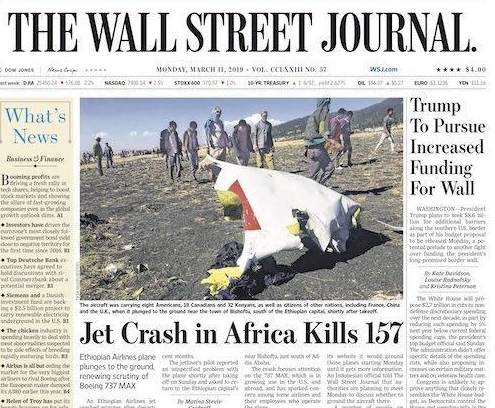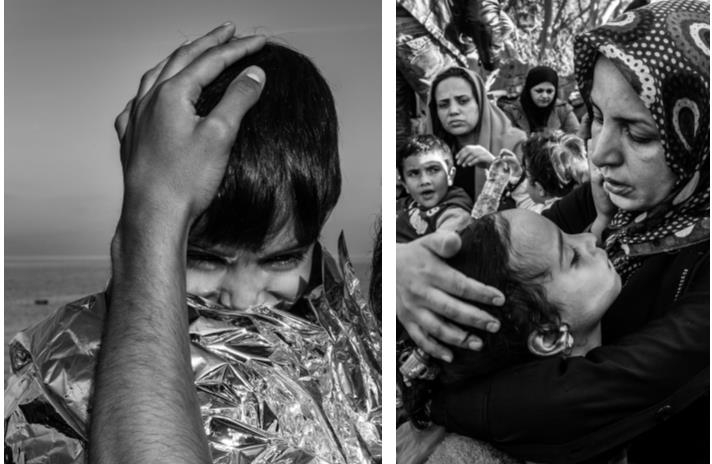Are you confused about the way that ‘terror-related incidents are reported? If you are a journalist have you felt uneasy about a decision taken within your newsroom in the last 12 months about reporting a terror-related incident? If you can honestly answer ‘no’ to that then you’ve either missed a lot of shifts or you’ve had an ethical by-pass.
A recent gathering of security journalists from across the news media at POLIS made it clear that the rules of the game are changing. One reporter told me he was threatened with the sack because he didn’t print the name of an arrested terror suspect, unnamed by the police, but revealed in a rival publication. That used to be seen as prejudicial, but now it is routine.
I believe that there is a crisis of confidence in the way that public security is being reported. The public does not understand what is going on and we as journalists have not always been very good at telling them. That’s partly because we don’t always know and partly because the authorities themselves are often acting in semi-darkness.
Look at it from the audience point of view. They are told that ‘sources’ say that a police raid was to foil some appalling plot. They are also told by the more balanced news organisations that the local people are up in arms about their ‘innocent’ neighbours being dragged from their homes by armed officers. Later some or all of the suspects may be released, without explanation. It’s all very confusing.
And it’s not just the public or journalists who feel that things are not transparent. Perhaps more surprisingly, police and other watchdogs I speak to say that they too are worried about the way that spin, guess-work and premature reporting is endangering civil liberties and public understanding of the life and death issues at stake. And they don’t always blame the journalists for that state of affairs. They admit that they have played games with journalists by leaking selective information – often against each other. But above all they point out that the intelligence services are responsible for much of public security activity but do little to explain themselves.
For the journalist, life has never been more pressurised. Guidelines say that you shouldn’t name people until the police do, but we are in a highly competitive environment. So if you first reaction is not to name someone who has been arrested when do you change your mind? Or rather, when does your editor change your mind? Is it when the name appears online? Or when a rival rolling news channel names them? Or when an unattributable source tells you direct?
And online ‘citizen journalism’ means that information is out there very early on. Never mind mobile phone pictures, as one senior enforcement officer told me, the public already has the technology to film and broadcast live their own user-generated material of incidents that they happen to witness. So why should Mainstream Media hold back?
There has been much careful consideration of this by senior editorial managers. But my point is that this is happening live on the newsroom-floor or the front-line in circumstances that we are not familiar with.
One big question for the BBC is whether its unique status as the national public service broadcaster means it should have a different ethical stance. Does it have to accept that the rules have changed and join the rush to publish everything now? Or does it keep to the high ground and accept that it may not always be first or fullest, but it will be the most reliable? I know what my non-BBC response is – what’s yours?





1 Comments